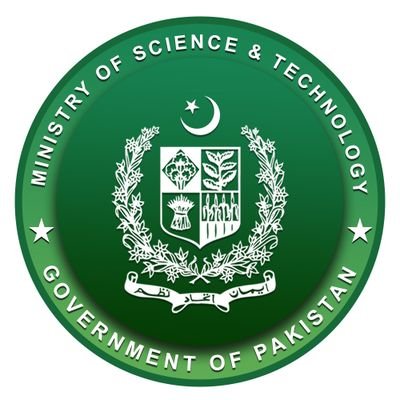ISLAMABAD: The right-sizing committee, in its concluding meeting on the Ministry of Science and Technology (MoST), has indicated the potential abolishment of certain departments and the merger of several low-functioning organizations under the ministry.
According to reliable sources, the sub-committee of the right-sizing initiative, which met last week, suggested that in addition to the departments the ministry itself had proposed for closure, more departments could face closure or mergers with existing organizations, potentially putting the very existence of the ministry at risk.
As per details, MoST has proposed to the right-sizing committee the abolition of several departments and the merger of others, while universities currently under its supervision could be transferred to the Ministry of Education.
The sub-committee, part of the Higher-Powered Committee on Federal Government Right-Sizing, notified in June 2024, has questioned the functioning of various departments within the ministry, their justification for existence, and their contributions in terms of revenue generation and self-reliance.
The Ministry of Science and Technology has specifically recommended the closure of two institutions: the Pakistan Council for Science and Technology (PCST) and the Council for Works and Housing Research (CWHR), while suggesting that the Pakistan Council for Renewable Energy Technologies (PCRET) be merged with another institution. This proposal was presented during the recent meeting of the sub-committee.
Sources reveal that the ministry’s senior officials shared this recommendation during the meeting, which will be forwarded to the main right-sizing committee for approval. If the proposal is approved, it will then be presented to the federal cabinet for a final decision on the fate of PCST, CWHR, and PCRET.
While the ministry defended the operation of the Pakistan Halal Authority (PHA), another attached department, the committee members raised questions about its objectives. They argued that PHA’s functions overlap with other departments within the ministry, such as the Pakistan Standard and Quality Control Authority (PSQCA) and the Pakistan Council of Scientific and Industrial Research (PCSIR). Insiders claim the sub-committee is likely to recommend merging PHA with PSQCA and possibly transferring it to a more relevant ministry.
Similarly, concerns were raised by the committee regarding the negligible revenue generation of PCSIR despite its substantial annual budget allocation running into billions of rupees. The committee members questioned the rationale for continuing to fund such a loss-making entity.
Sources indicate that should the right-sizing committee recommend significant closures or the transfer of organizations to other ministries, it could ultimately lead to the dissolution of the Ministry of Science and Technology itself.
These proposals have sparked considerable debate within the ministry, with calls for the federal government to reconsider its approach. Many believe that instead of dismantling institutions, efforts should be made to strengthen them, allowing them to contribute more effectively to the country’s development. The final decision, however, will rest with the federal cabinet.
It is also worth mentioning that at least nine departments under MoST are currently operating without permanent heads. This leadership vacuum raises serious concerns about the effective functioning of these departments, many of which are being managed by officials serving on an ad hoc basis. Some of these departments have been without regular leadership for years.
The departments affected by this leadership crisis include the Pakistan Council for Science and Technology (PCST), Pakistan Standard and Quality Control Authority (PSQCA), National Metrology Institute of Pakistan (NMIP), Pakistan Science Foundation (PSF), National Institute of Electronics (NIE), Pakistan Council for Renewable Energy Technologies (PCRET), National Institute of Oceanography (NIO), COMSATS University, and the Pakistan National Accreditation Council (PNAC). This situation has severely impacted the research and development work of these organizations.
The right-sizing committee’s final recommendations are expected to bring sweeping changes to the structure and operations of MoST, with wide-ranging implications for Pakistan’s scientific and technological landscape.




